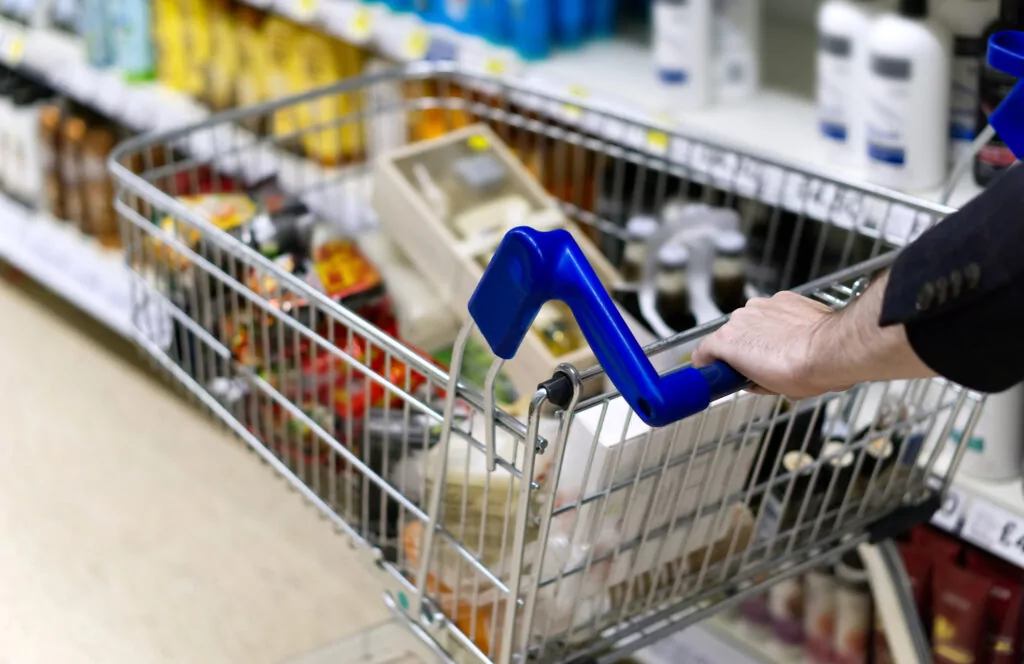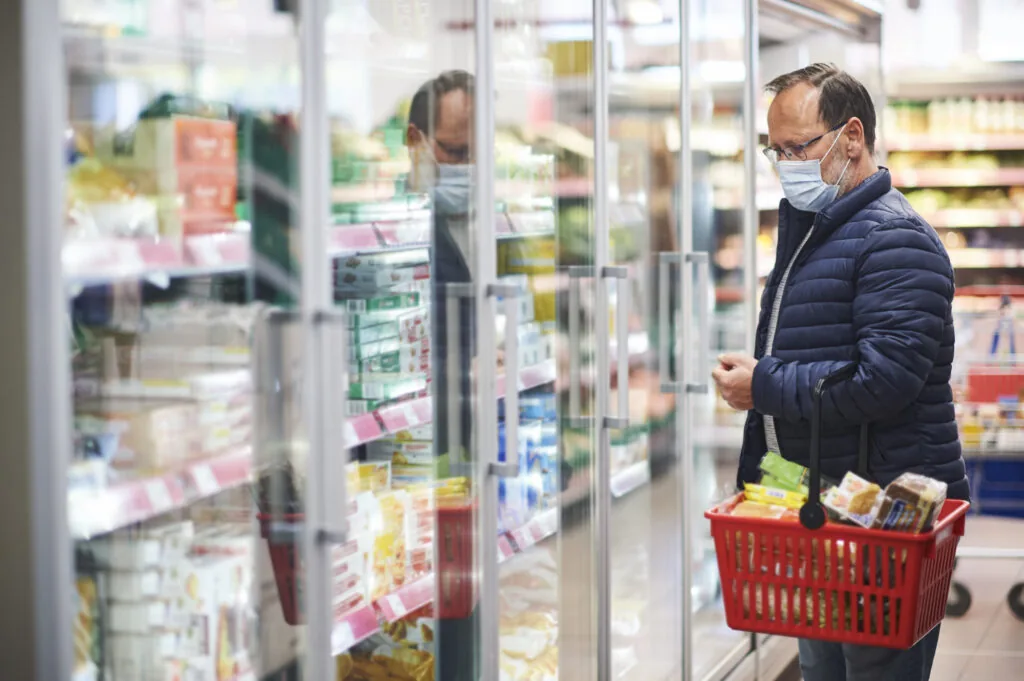National exhaustion
Trade mark rights would only be considered exhausted in the UK once the goods were put on the market in the UK with the consent of the trade mark proprietor. This would mean that any goods coming from any other country including the EEA would infringe trade mark rights without the consent of the trade mark proprietor.














